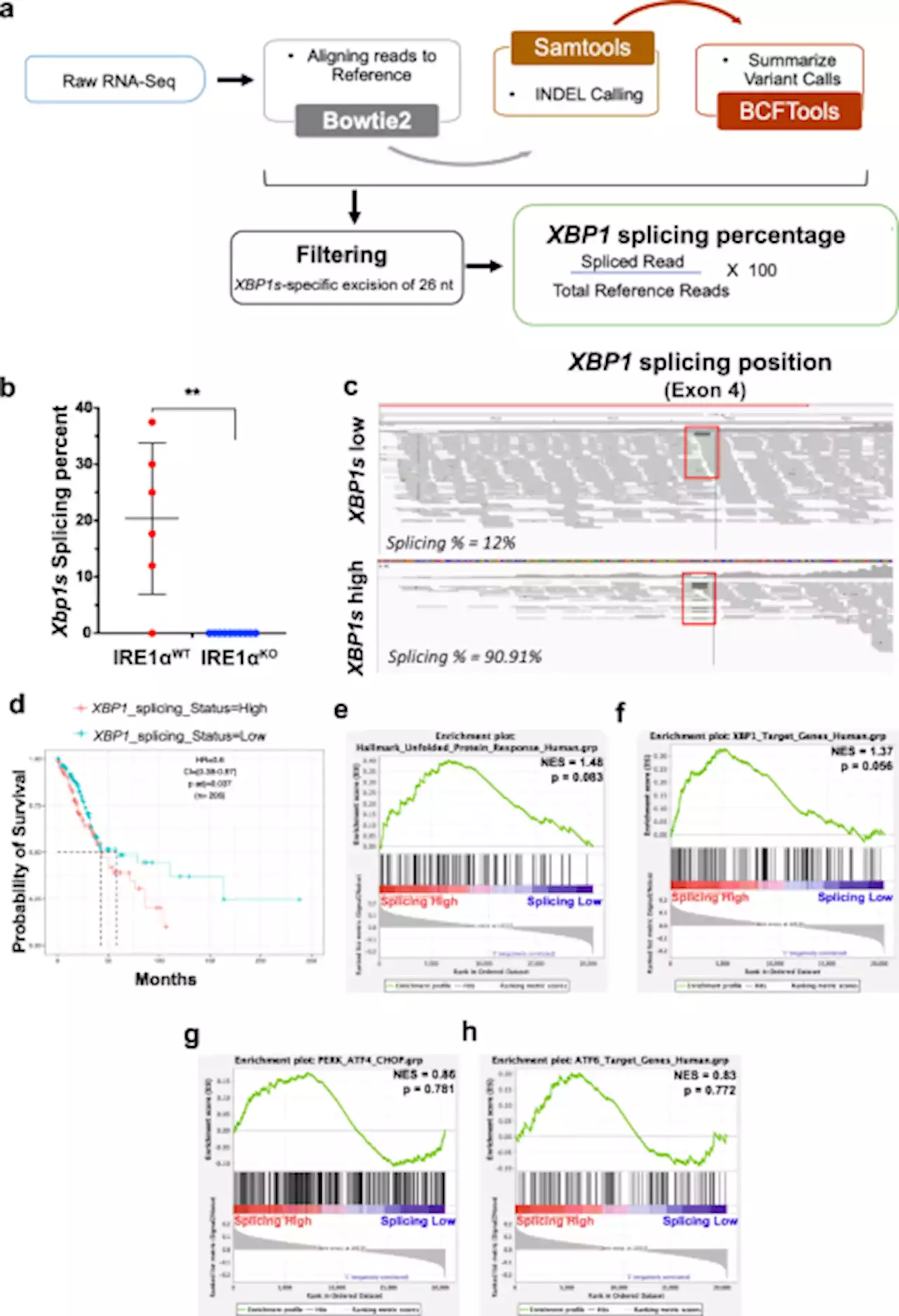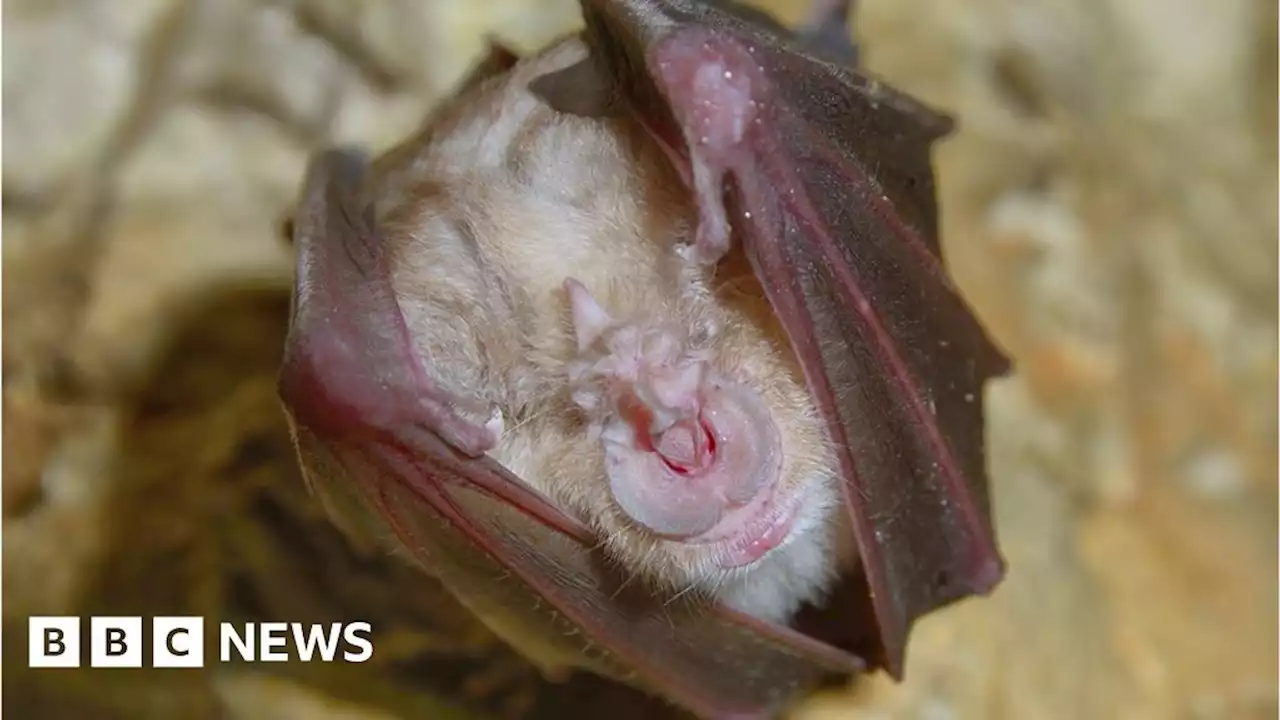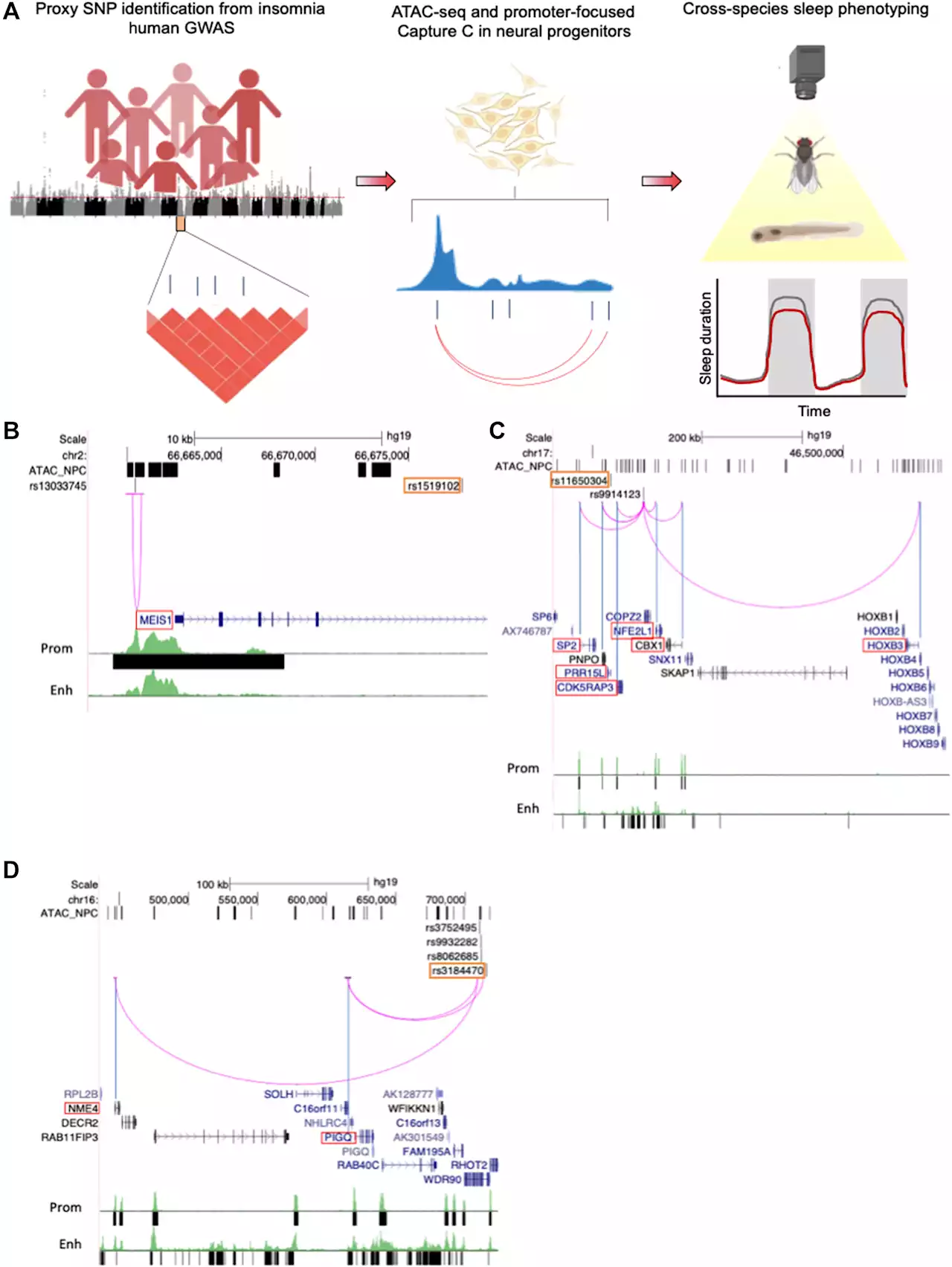Scientists identify gene target to boost effectiveness of cancer immunotherapy nature
Researchers led by a team at Massachusetts General Hospital , a founding member of Mass General Brigham, and the Broad Institute of MIT and Harvard recently identified an immune evasion gene that is turned on in some of these cells, and they found that silencing the gene enhanced the cells' susceptibility to immunotherapy.
The gene codes for a protein called TANK-binding kinase 1 , a multi-functional enzyme with an established role in coordinating innate immune responses to viruses and other invading pathogens.led by senior authors Russell W. Jenkins, MD, Ph.D., an investigator in the Center for Cancer Research at MGH and an Assistant Professor of Medicine at Harvard Medical School, and Associate Member of the Broad Institute, and Robert T. Manguso, Ph.D.
Also, in mouse models of cancer, treatment with a pharmacologic inhibitor that blocks the activity of the TBK1 protein overcame tumors' resistance to immunotherapy, without causing weight loss or other signs of systemic toxicity. This strategy also worked in novel patient-based tumor models, including what are called patient-derived organotypic tumor spheroids, or PDOTS, which are"living biopsies" that contain a patient's own cancer cells and immune cells.
Mechanistically, the team found that blocking TBK1 augments the response to immunotherapy by sensitizing tumor cells to the effects of immune molecules including tumor necrosis factor and interferon. "It's counterintuitive that TBK1 loss would enhance immunotherapy, because this protein is generally thought to promote inflammation. Turning it off should make a tumor less sensitive to treatment, not more" says Manguso, who also co-leads the Tumor Immunotherapy Discovery Engine project at Broad."However, we found that turning off TBK1 reprograms tumor cells' response to immune signals called cytokines, causing them to die.
日本 最新ニュース, 日本 見出し
Similar News:他のニュース ソースから収集した、これに似たニュース記事を読むこともできます。
 Tumor-intrinsic IRE1α signaling controls protective immunity in lung cancer - Nature CommunicationsThe IRE1α-XBP1 arm of the unfolded protein response (UPR) has been associated with immunosuppression and cancer progression. Here the authors show that IRE1α-XBP1 activation is associated with poor overall survival in patients with non-small cell lung cancer and that IRE1α loss in cancer cells promotes anti-tumor immune responses in lung cancer preclinical models.
Tumor-intrinsic IRE1α signaling controls protective immunity in lung cancer - Nature CommunicationsThe IRE1α-XBP1 arm of the unfolded protein response (UPR) has been associated with immunosuppression and cancer progression. Here the authors show that IRE1α-XBP1 activation is associated with poor overall survival in patients with non-small cell lung cancer and that IRE1α loss in cancer cells promotes anti-tumor immune responses in lung cancer preclinical models.
続きを読む »
 Newly discovered CRISPR immune system shuts down infected cells to thwart infectionWe spoke to Assistant Professor Ryan Jackson from UStateScience USUAggies about his latest work, published in tandem Nature papers, detailing the discovery of a new CRISPR immune system CRISPR infection research
Newly discovered CRISPR immune system shuts down infected cells to thwart infectionWe spoke to Assistant Professor Ryan Jackson from UStateScience USUAggies about his latest work, published in tandem Nature papers, detailing the discovery of a new CRISPR immune system CRISPR infection research
続きを読む »
 Antiretroviral APOBEC3 cytidine deaminases alter HIV-1 provirus integration site profiles - Nature CommunicationsAntiretroviral APOBEC3 may contribute to HIV-1 latency. In this study, Ajoge and Renner et al. identify a previously undescribed function of human APOBEC3 proteins in redirecting integrations of HIV-1 DNA into more transcriptionally inactive regions of the genome.
Antiretroviral APOBEC3 cytidine deaminases alter HIV-1 provirus integration site profiles - Nature CommunicationsAntiretroviral APOBEC3 may contribute to HIV-1 latency. In this study, Ajoge and Renner et al. identify a previously undescribed function of human APOBEC3 proteins in redirecting integrations of HIV-1 DNA into more transcriptionally inactive regions of the genome.
続きを読む »
 Nature reserve to be created near Blandford to protect rare batThe land will provide habitat for greater horseshoe bats which are among the rarest bats in Europe.
Nature reserve to be created near Blandford to protect rare batThe land will provide habitat for greater horseshoe bats which are among the rarest bats in Europe.
続きを読む »
 Scientists make progress in decoding genetics of insomniaA research effort involving researchers from Texas A&M University, the Perelman School of Medicine at the University of Pennsylvania and Children's Hospital of Philadelphia (CHOP) has used human genomics to identify a new genetic pathway involved in regulating sleep from fruit flies to humans—a novel insight that could pave the way for new treatments for insomnia and other sleep-related disorders.
Scientists make progress in decoding genetics of insomniaA research effort involving researchers from Texas A&M University, the Perelman School of Medicine at the University of Pennsylvania and Children's Hospital of Philadelphia (CHOP) has used human genomics to identify a new genetic pathway involved in regulating sleep from fruit flies to humans—a novel insight that could pave the way for new treatments for insomnia and other sleep-related disorders.
続きを読む »
